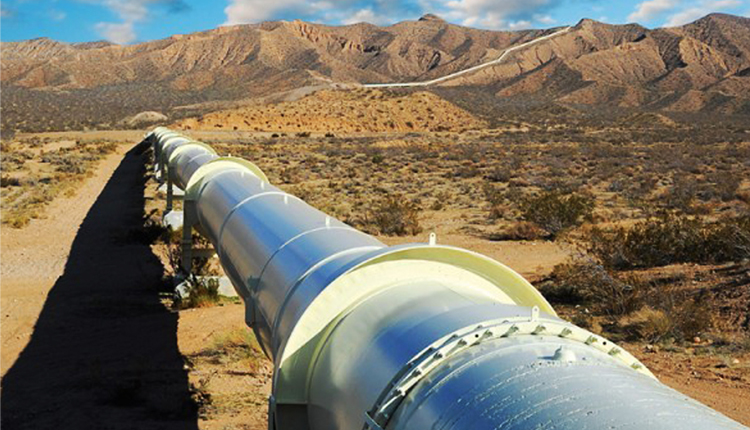Baghdad is in the process of repairing a pipeline to potentially send 350,000 barrels per day (bpd) to Turkey by month-end, according to Reuters citing the Iraqi deputy oil minister’s announcement on Monday.
This move could stir tensions with foreign oil companies and the Kurdistan Regional Government (KRG). The Kirkuk-Ceyhan pipeline, closed for a decade, offers an alternative route to the Kurdistan pipeline, stalled for a year due to disputes between Baghdad and the KRG over exports.
Baghdad views production-sharing agreements between the Kurds and foreign firms using the KRG’s pipeline as illegal. To sell oil via the revived pipeline, oil companies will need to negotiate with Baghdad, possibly upsetting the Kurds who heavily rely on oil revenue.
Attacks by Daesh terrorists halted exports via the pipeline in 2014, which once accounted for 0.5 per cent of global supply.
“Repair works are ongoing, with a major crude pumping station and storage facilities completed. The pipeline is expected to restart operations by month-end,” stated Basim Mohammed, Iraqi deputy oil minister. Repairing damaged sections within Iraq and completing essential pumping stations will precede restoring the pipeline to full capacity.
The KRG’s pipeline ceased operations in 2023 after an arbitration court ruled it violated a 1973 treaty by facilitating oil exports without Baghdad’s consent.
Negotiations to restart it have stalled due to conflicting demands from Turkey, the KRG, and the federal government. Baghdad resisted a Kurdish demand for a $6 per barrel transit fee to Rosneft, co-owner of the pipeline, citing it as illegal.
Despite tensions, both sides depend on each other. Kurdish parties support Iraqi politicians, while Baghdad contributes to Kurdish civil servants’ salaries and fighters.
KRG exports flow through a pipeline to Turkey, where the oil is pumped to Ceyhan port. Crude test pumping began last week, revealing leaks in segments within Iraqi territories. Repair operations have accelerated to fix damaged sections from Kirkuk to Turkey.
The Iraq-Turkey oil pipeline agreement, extended in 2010 for 15 years, expires in mid-2025. Resuming operations at the old pipeline will be discussed in talks to extend the agreement.
